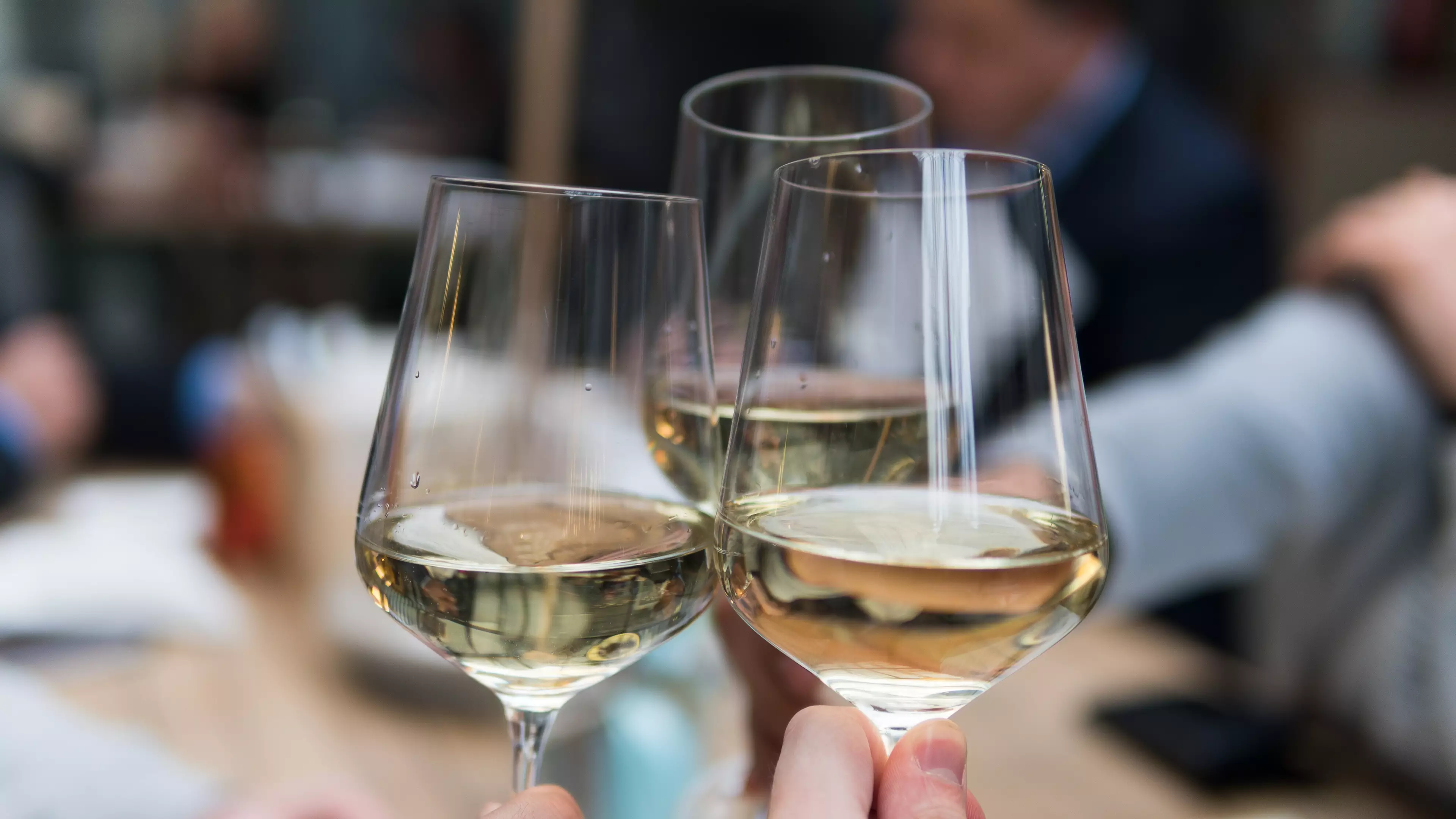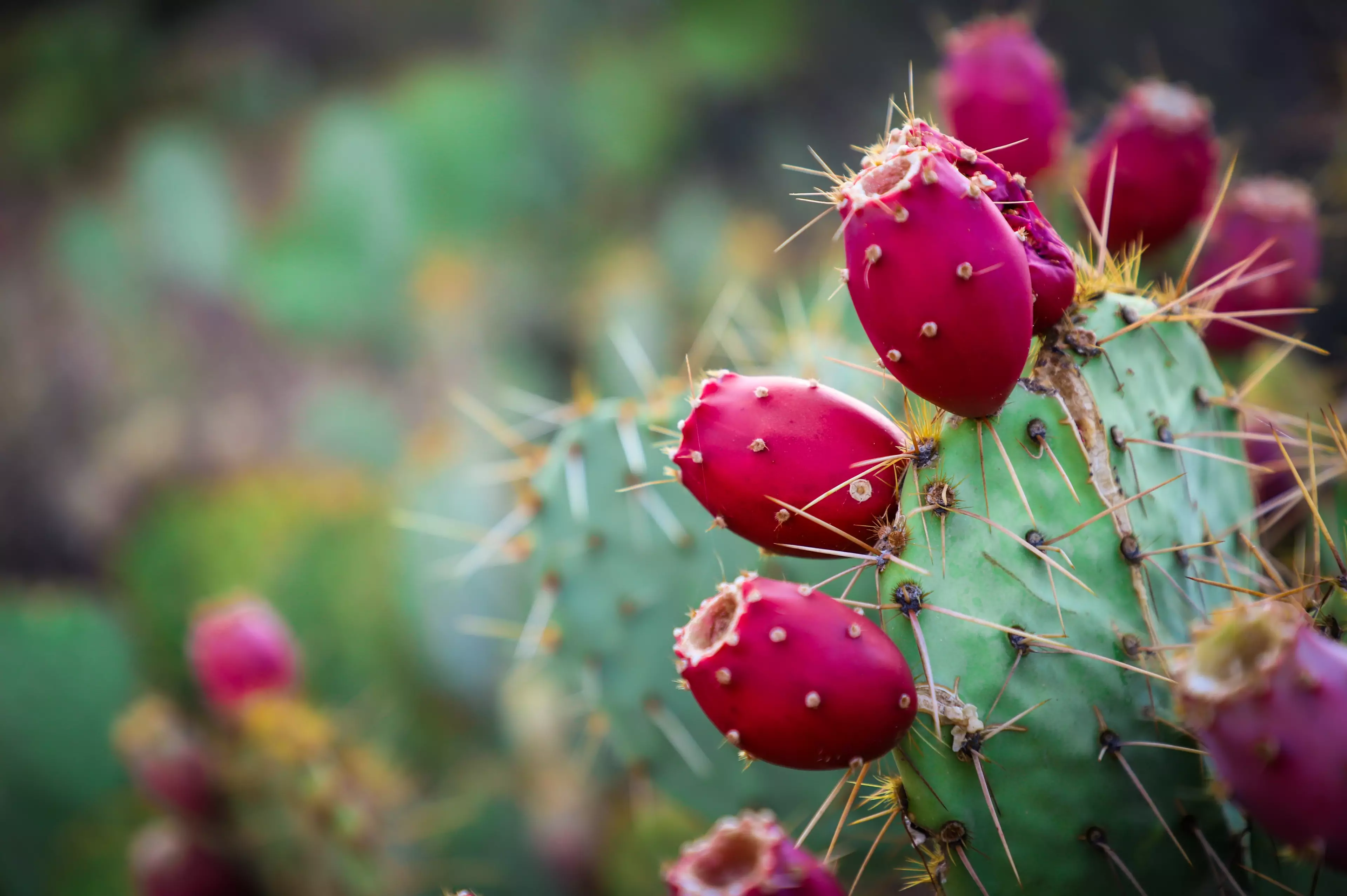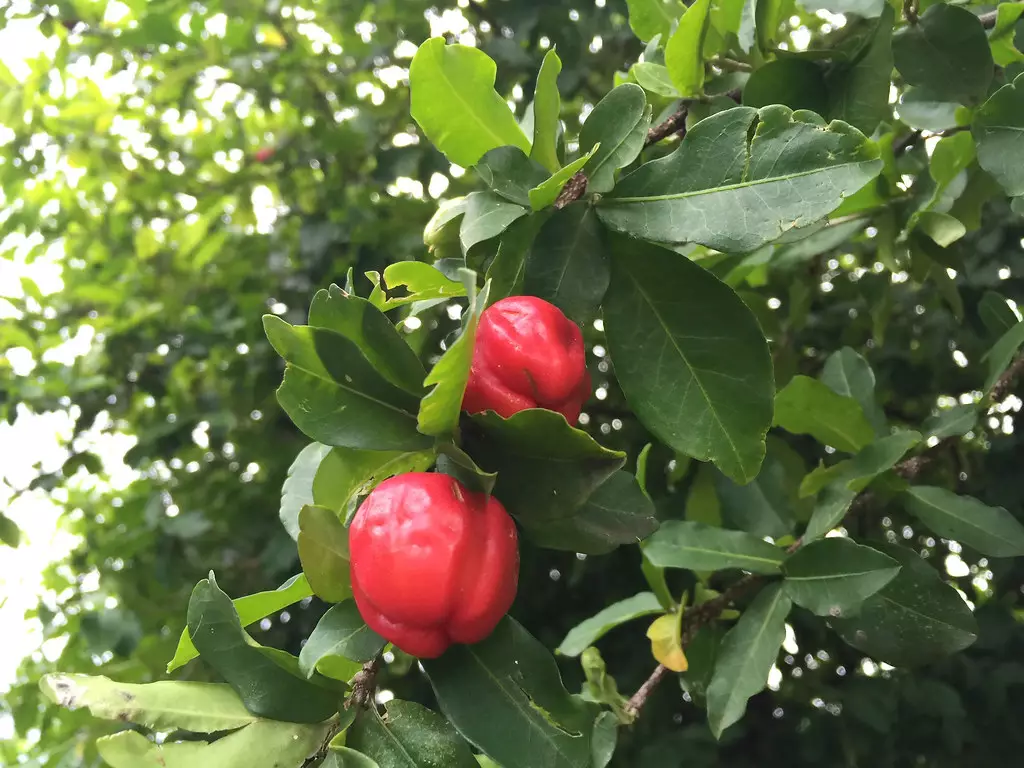
From rehydration salts to strong coffee, if we had a pound for every hangover cure we've heard touted we'd be quids in.
A lot of remedies focus on the need to rehydrate with plenty of water - but new research indicates that the 'ultimate' hangover cure has nothing to do with H2O.
Intrigued? Us too.
Advert
According to scientists, a juice drink made from cherries and prickly pears (a type of cactus, FYI) is the best way to banish that 'morning after the night before' feeling.
Impressively, the juice concoction almost halved rates of sickness - and slashed headache pain by a third.
The effectiveness of the fruit cocktail is down to its rich mix of vitamins and minerals, which are said to cleanse the body of booze faster than any other remedy.

The study also found that the idea that dehydration is behind common hangover symptoms is a myth.
Advert
Author Professor Bernard Lieb, who headed up the German research team, said: "Average headache intensity was 34 per cent less and nausea 42 per cent less."
Other symptoms - including feelings of restlessness and indifference - fell by an average of 41 and 27 per cent, respectively.
So, what is in this miracle-working juice, exactly?

The ingredients are a mix of Barbados cherry, also known as Acerola, cactus fruit or 'prickly pears', ginkgo biloba and willow and ginger root.
Advert
The vitamins and minerals include magnesium, potassium, sodium bicarbonate, zinc, riboflavin, thiamin and folic acid.
Plant extracts are rich in liver-boosting molecules, which flush alcohol from the blood.
Meanwhile, polyphenol and flavonoid compounds in plant extracts have been linked with curbing the effects of alcohol in studies, but it's not clear how.

In the study, 214 participants aged 18 to 65 were given a supplement, which either contained the juice drink or just a placebo of glucose.
Advert
They took it 45 minutes before and after drinking as much beer, white wine or white wine spritzer as they wanted. Excessive misuse was not allowed.
The number and type of drinks consumed was recorded, as was how many times they emptied their bladder. Blood and urine samples and blood pressure measurements were taken before and after.
Twelve hours later, the same samples and measurements were taken, and participants filled in a questionnaire about their perceived hangover symptoms, which were ranked on a zero to 10 scale.
The average amount of alcohol consumed was 0.62 ml/minute.
Advert
Symptoms varied across the group, but those taking the full supplement of plant extracts, minerals/vitamins and antioxidants reported less severe symptoms.

The analysis showed levels of water content in the body weren't significantly associated with the amount of alcohol drunk - which may debunk the idea that dehydration is behind common hangover symptoms.
Prof Lieb said: "Our results suggest alcohol-induced increased fluid excretion does not necessarily lead to a significant dehydration process.
"It seems to be clear that hangover symptoms are predominantly caused by alcohol and its metabolites."
Over the years, various natural remedies have been recommended to ease hangover symptoms, but as yet there is no strong scientific evidence for their use.
While the results of the study are promising, more research is needed to establish exactly how the plant extracts work.
Prof Lieb concluded: "The underlying mechanisms remain to be unravelled and surely need further investigation."
We'll be toasting the development of the cure over our next quarantini.
Prof Lieb's findings are published in BMJ Nutrition Prevention & Health.
Featured Image Credit: Unsplash